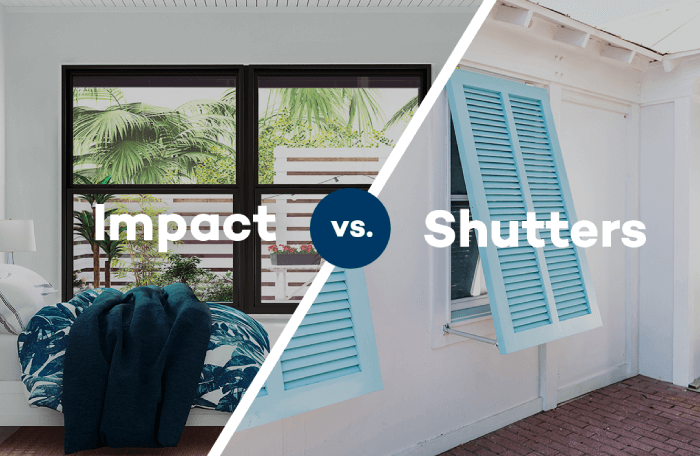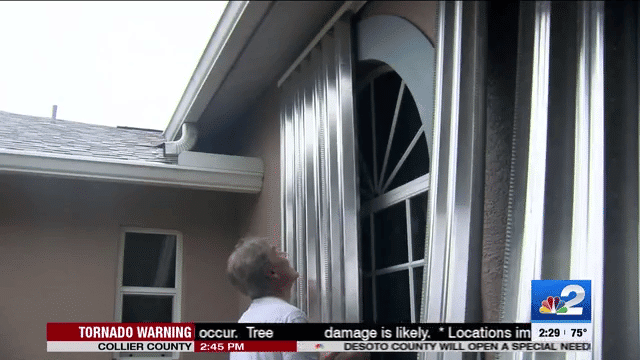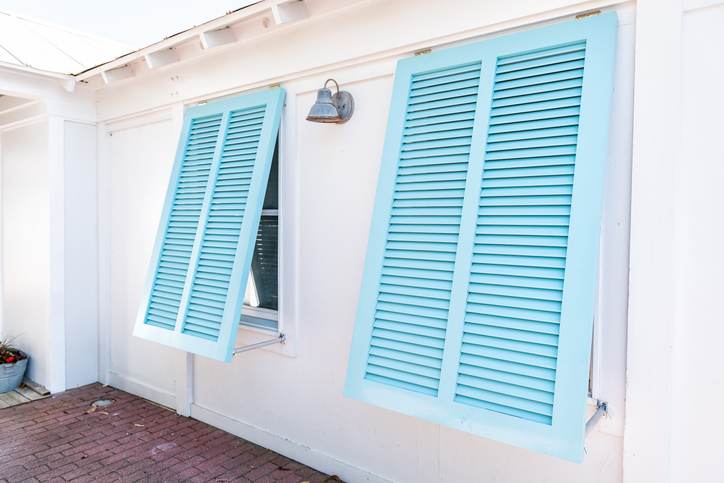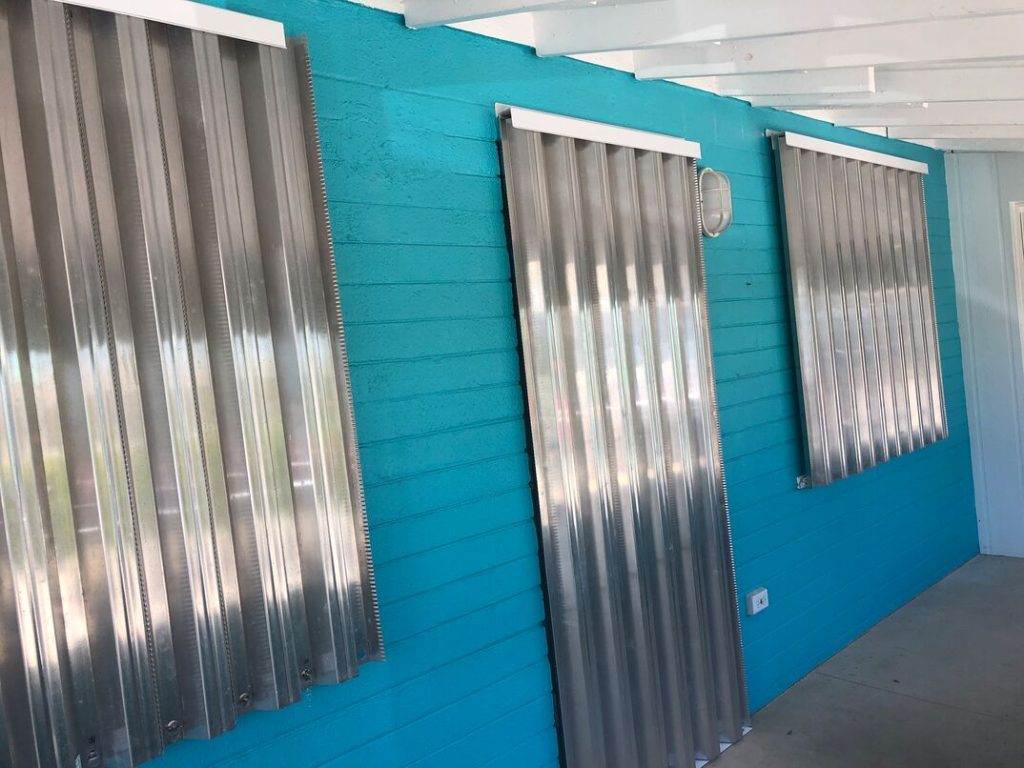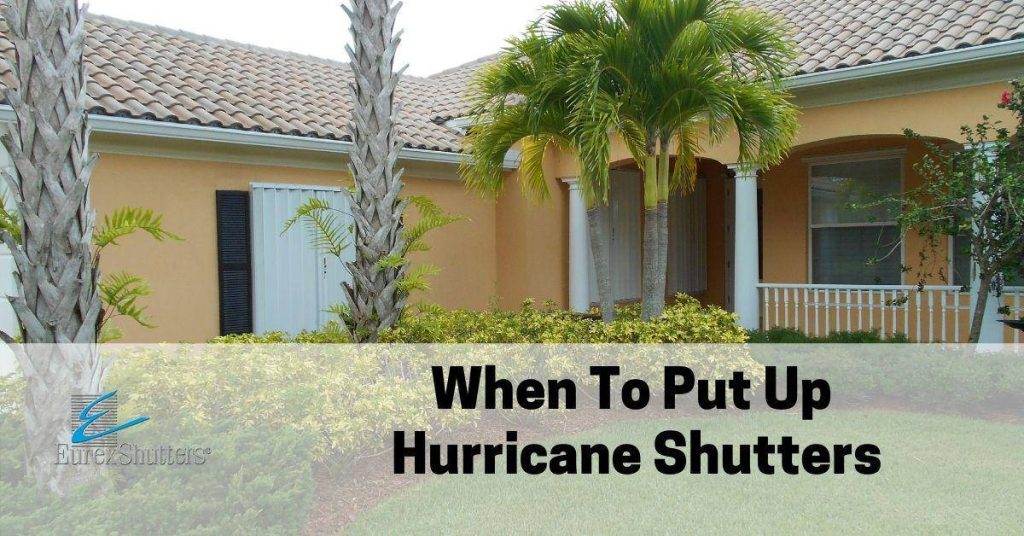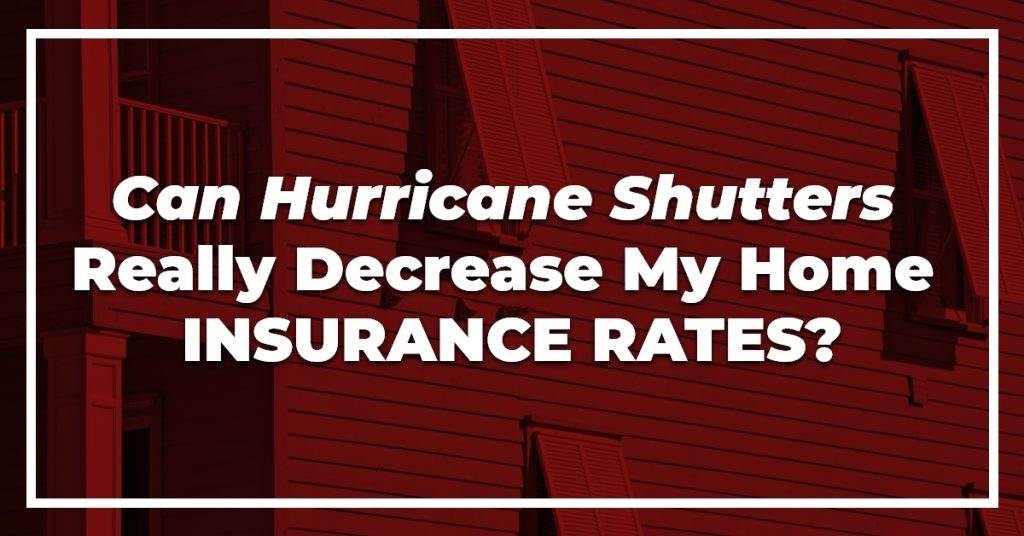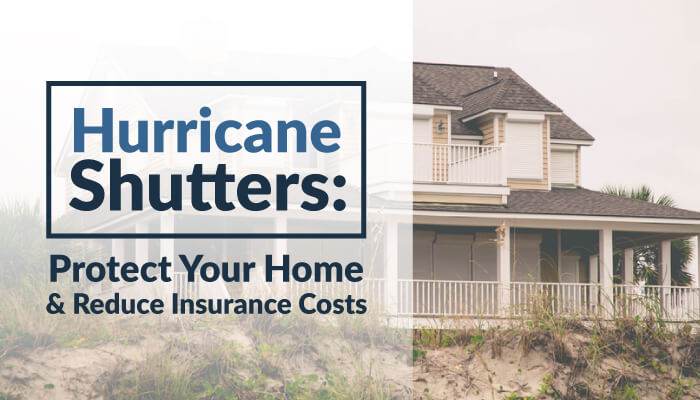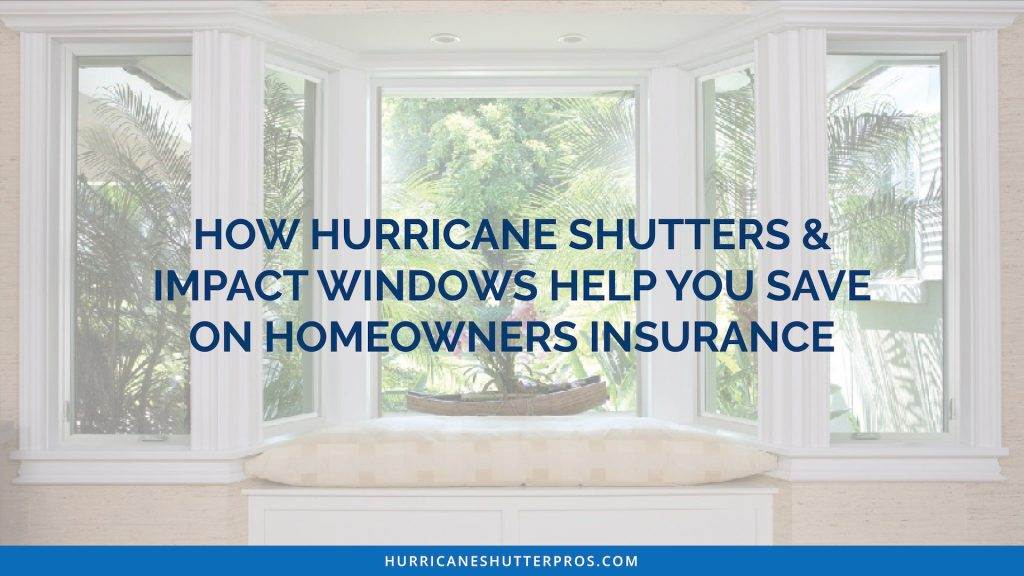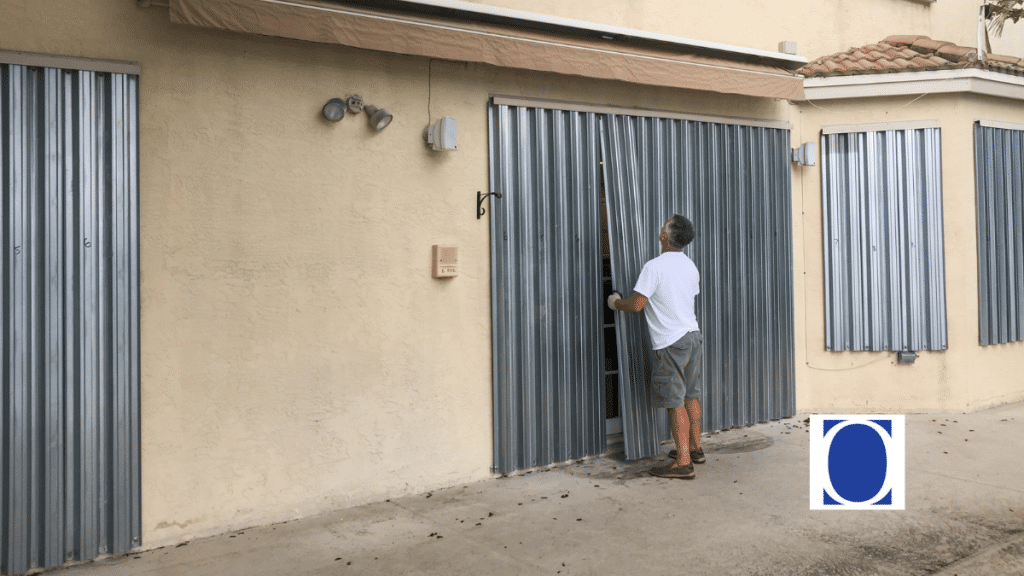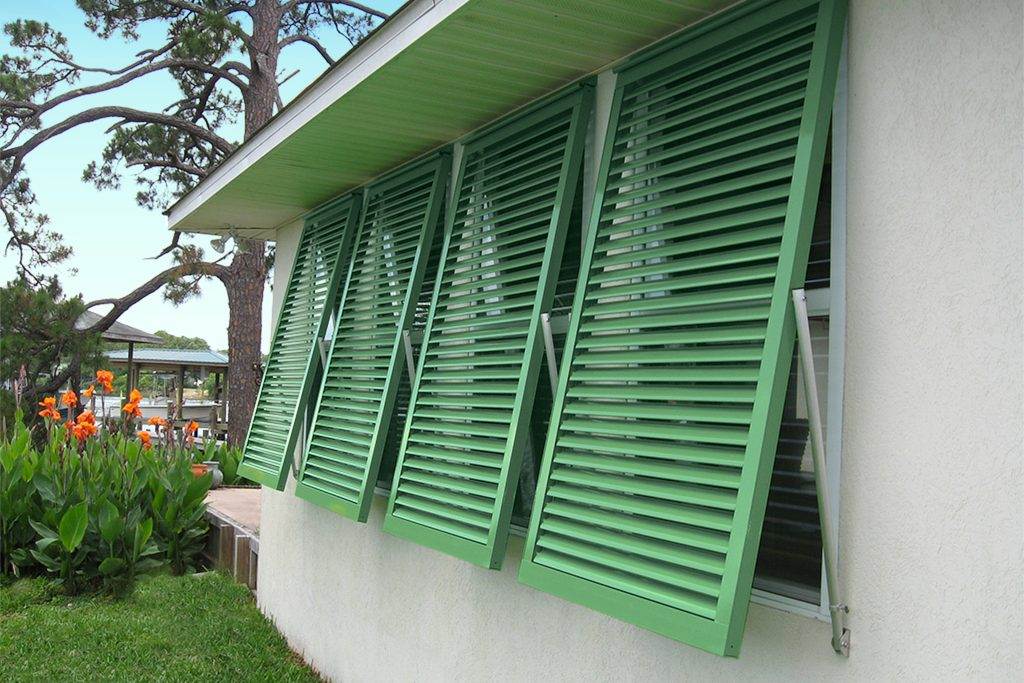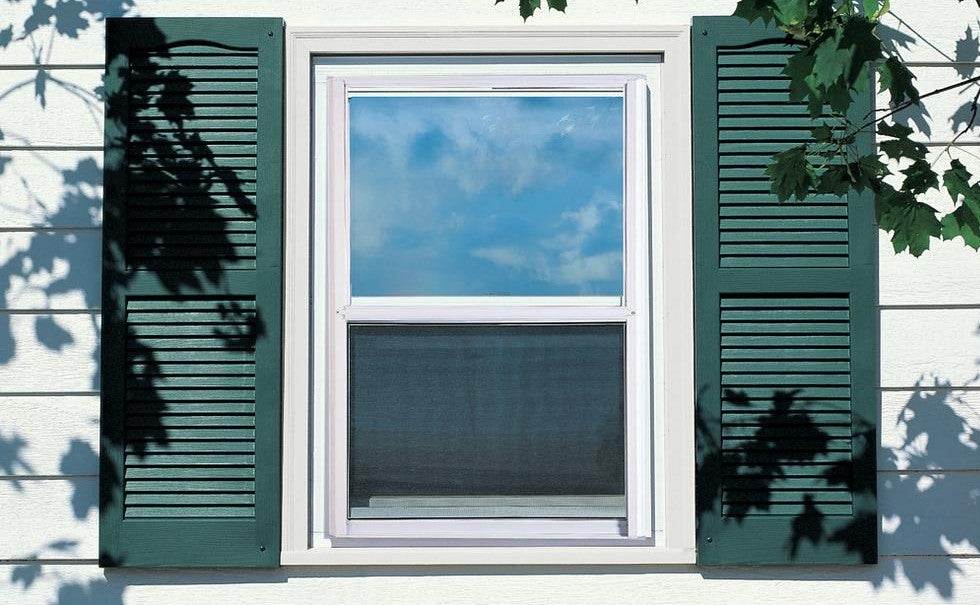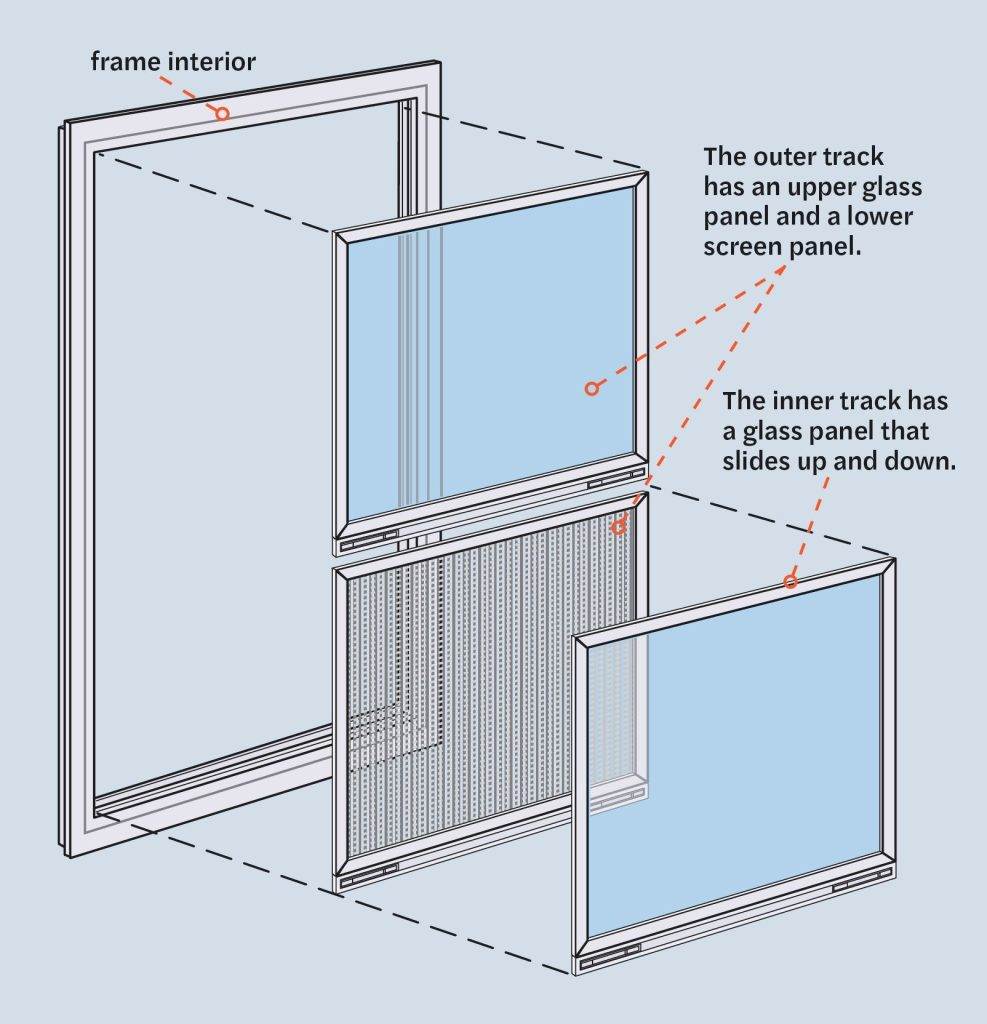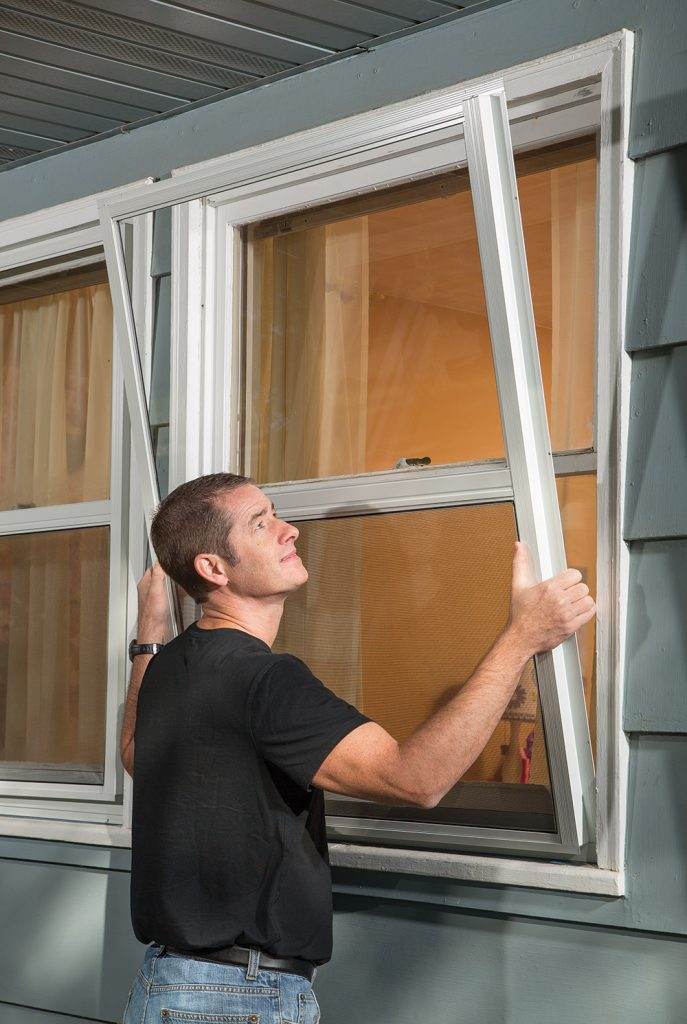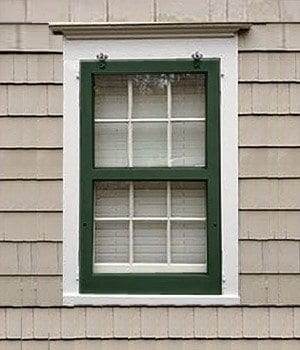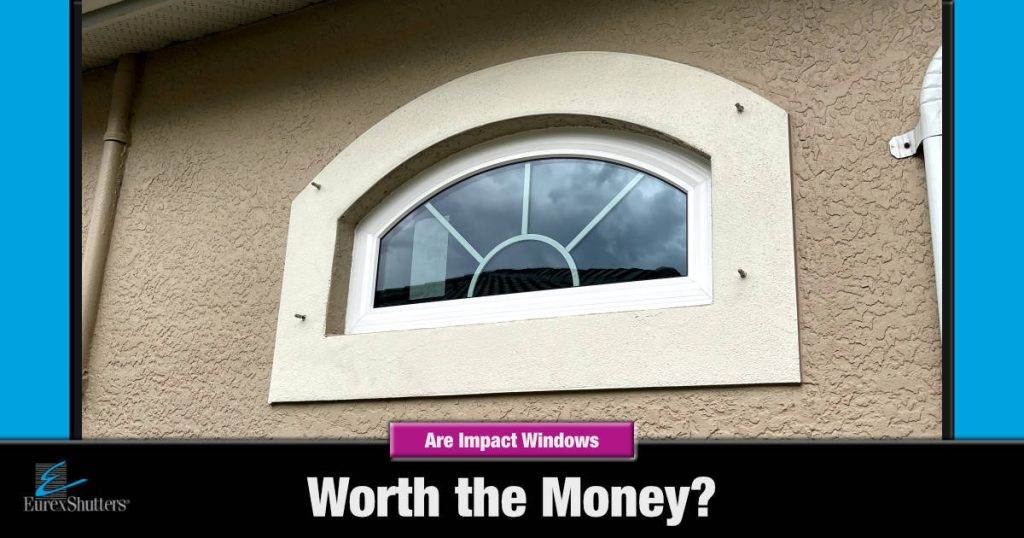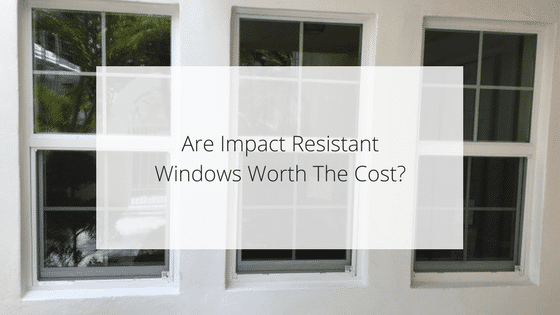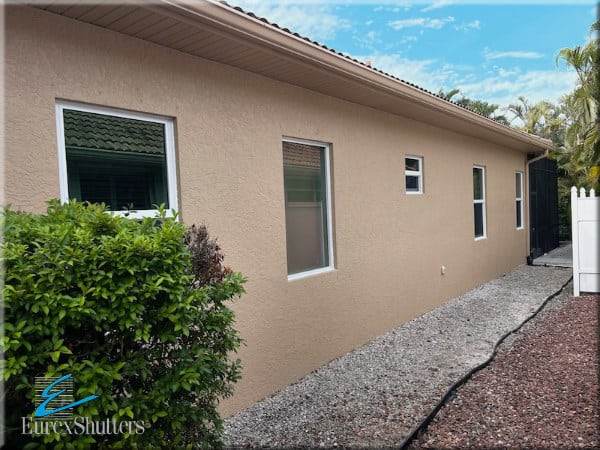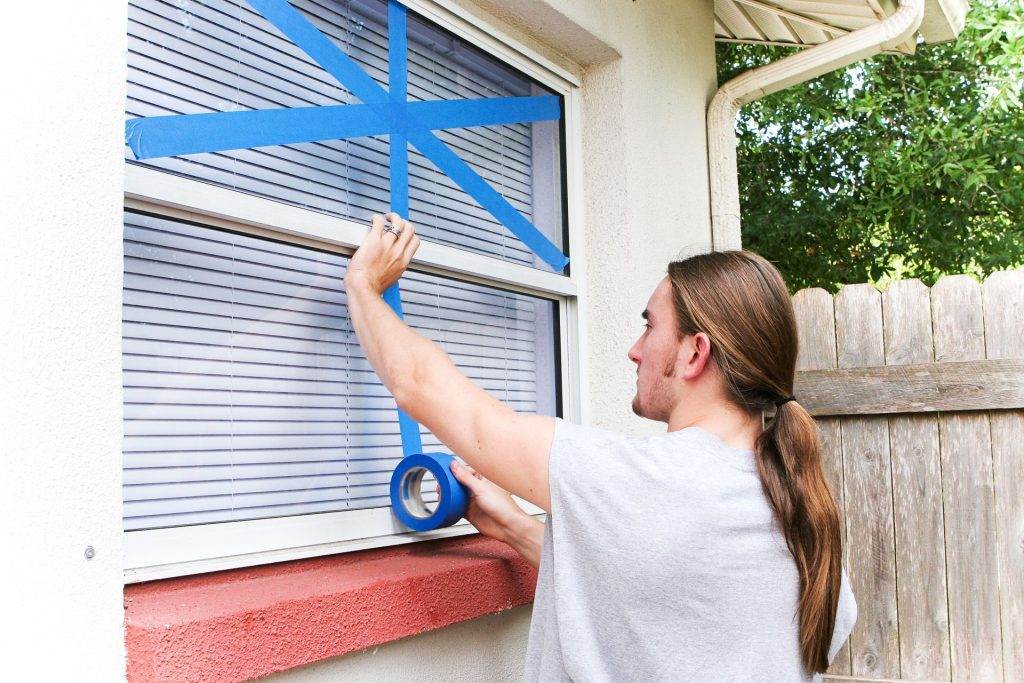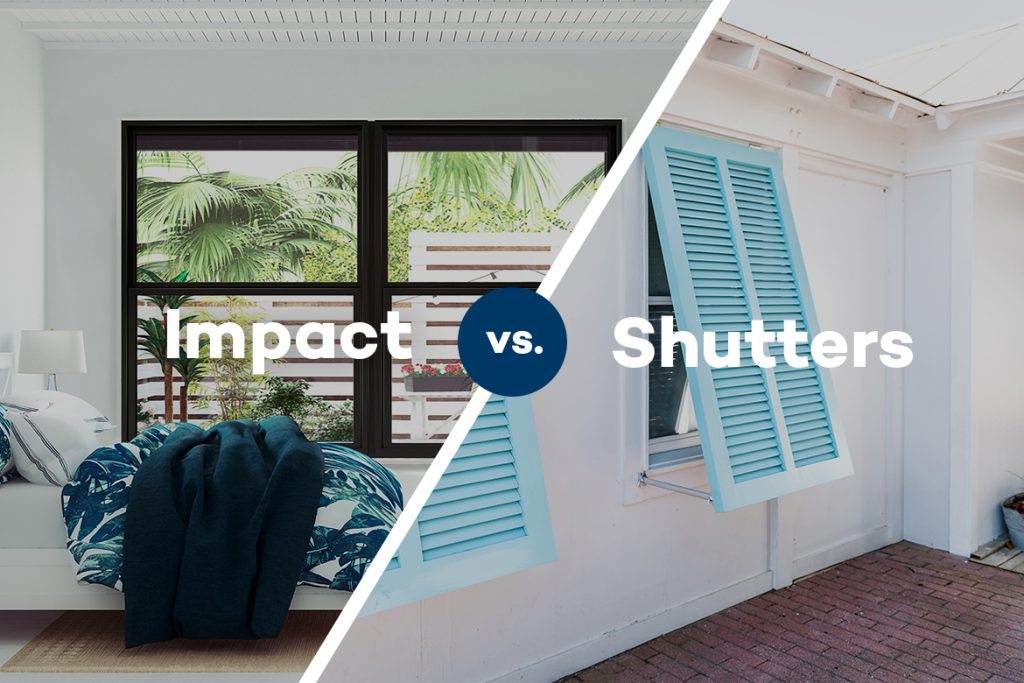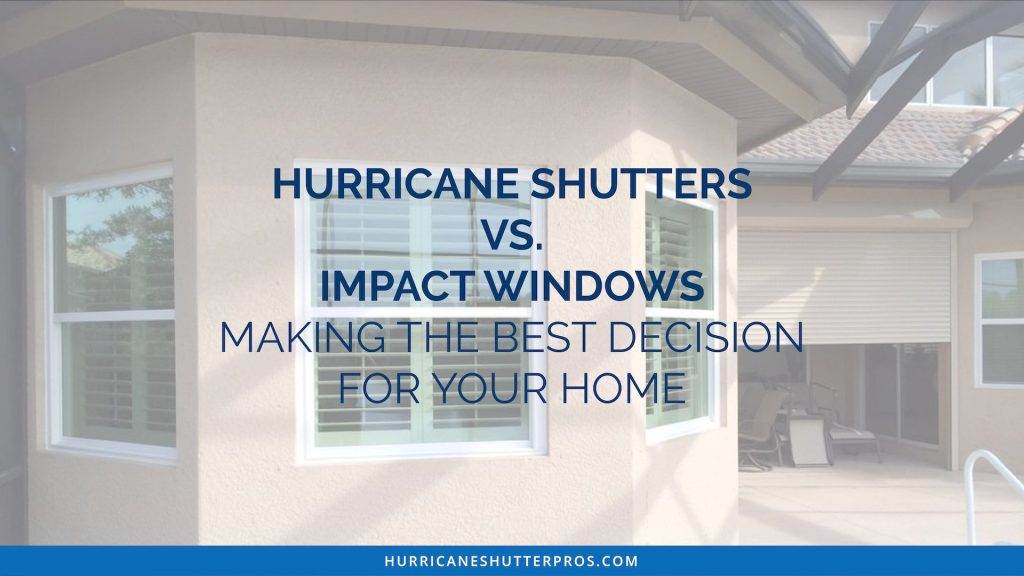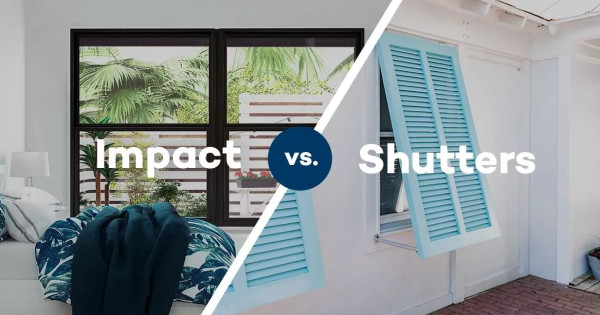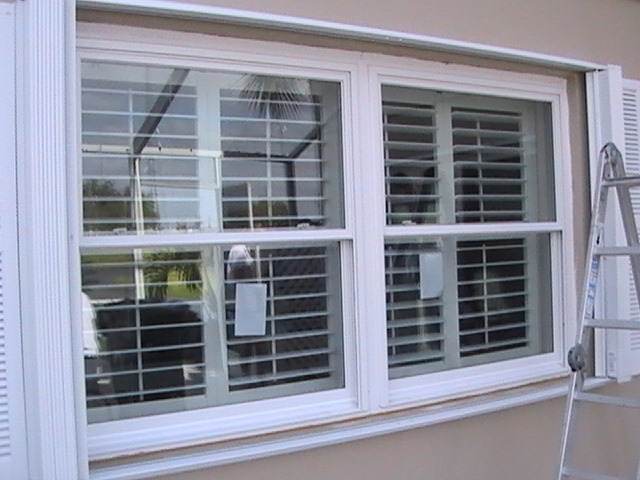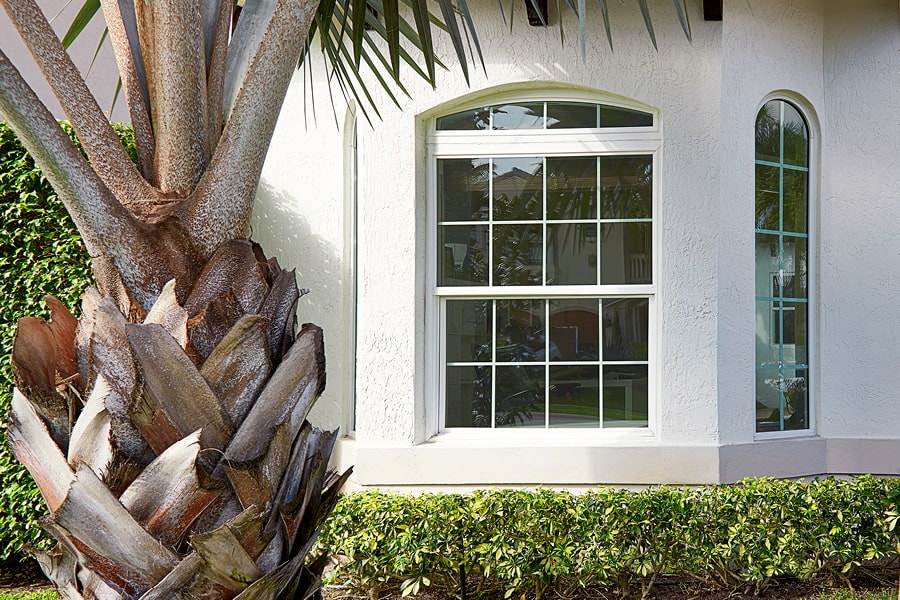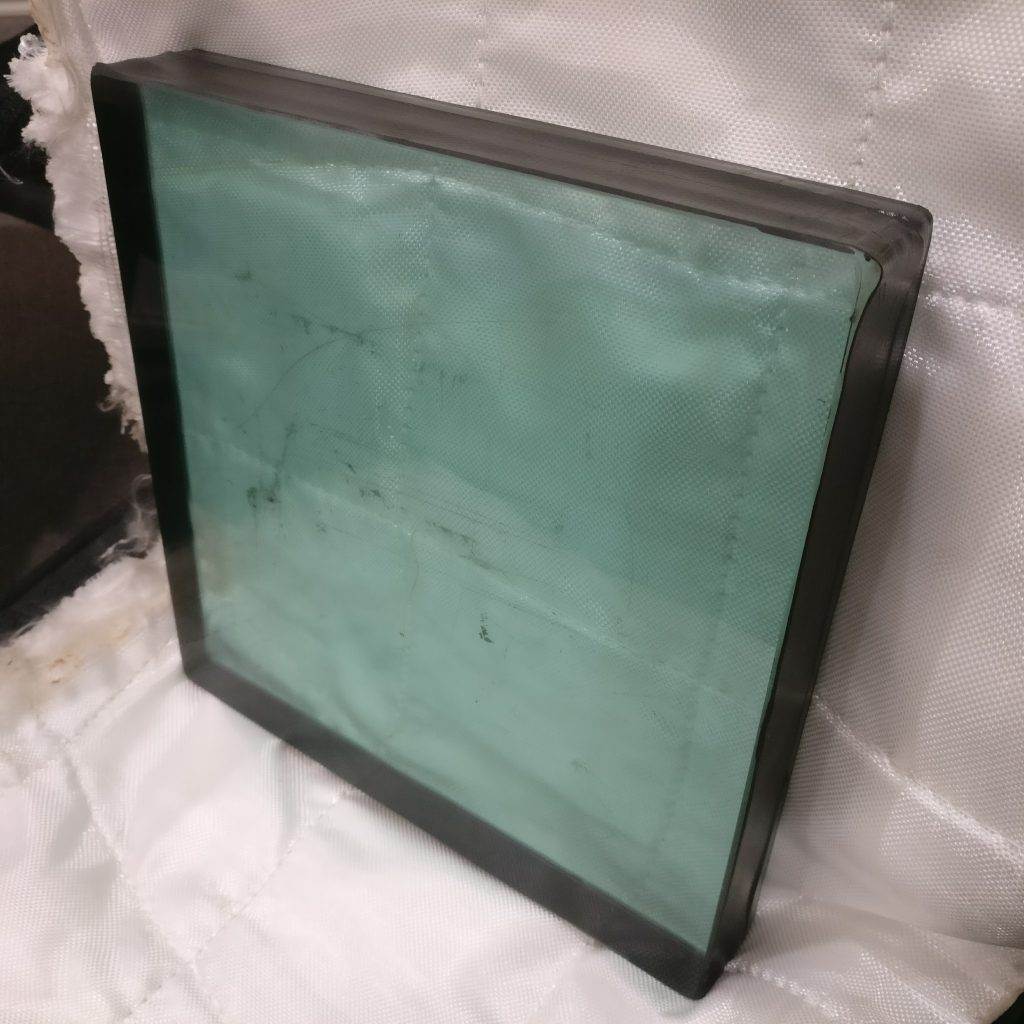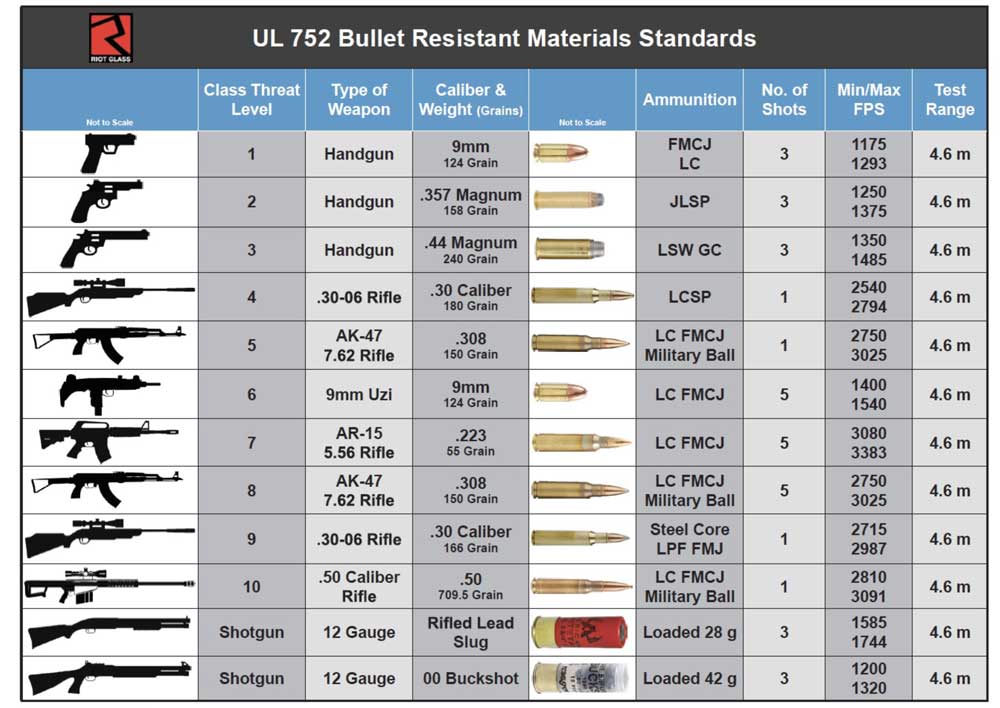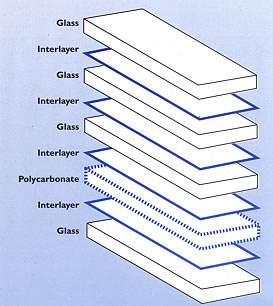In the realm of home improvement, there is a hot topic that has been buzzing around lately: impact windows. These reinforced wonders are designed to withstand the toughest storms and offer increased security for your home. But it’s not just the protection and peace of mind that make impact windows appealing; there’s another perk that’s piquing the interest of homeowners far and wide: potential savings on insurance premiums.
Imagine a scenario where your insurance premium not only provides coverage for any damages caused by a hurricane but also rewards you with substantial savings. Our article today aims to explore just how much money impact windows can save you on your insurance. We will delve into the factors that insurance companies consider when determining premiums, the potential discounts you can expect, and the significance of impact windows in reducing risks. So, buckle up and get ready to learn about the fascinating world of impact windows and the financial benefits they bring!

This image is property of hurricaneshutterpros.com.
Factors that Impact Insurance Premiums
Location of the Property
The location of a property plays a significant role in determining insurance premiums. Certain areas are prone to natural disasters such as hurricanes, tornadoes, or earthquakes, which pose greater risks to the property. Insurance companies assess the geographical location and the associated weather patterns to evaluate the potential risk. Properties located in high-risk areas generally have higher insurance premiums compared to those in low-risk areas.
Type of Coverage
The type of insurance coverage chosen also affects the premiums. Basic coverage typically includes protection against fire, theft, and vandalism. However, additional coverage options such as liability insurance, flood insurance, or windstorm coverage may lead to higher premiums. Homeowners must carefully assess their needs and consider the cost implications of different coverage types when choosing an insurance policy.
Property Value
the value of the property is another crucial factor influencing insurance premiums. The higher the value of the property, the more expensive it is to replace or repair in case of damage. Insurance companies take into account the cost of rebuilding the property and adjust the premiums accordingly. It is important for homeowners to accurately estimate the value of their property when obtaining insurance to ensure adequate coverage without overpaying for premiums.
Claims History
The claims history of a homeowner can impact insurance premiums. If a homeowner has a history of filing multiple claims, it indicates a higher risk of potential future claims. Insurance companies view this as a red flag and may increase the premiums to compensate for the perceived risk. Conversely, homeowners with a clean claims history may be eligible for lower insurance premiums as they are seen as lower risk individuals.
Deductible Amount
The deductible amount is the portion of a claim that the homeowner agrees to pay out of pocket before the insurance coverage kicks in. The higher the deductible, the lower the insurance premiums. By choosing a higher deductible, homeowners take on more financial responsibility in the event of a claim, but they are rewarded with reduced monthly premiums. It is essential to carefully assess the financial implications and strike the right balance between deductible amount and insurance premium affordability.
Understanding Impact Windows
What are Impact Windows?
Impact windows, also known as hurricane windows or storm-resistant windows, are designed to withstand the extreme forces generated by hurricanes and other severe weather events. These windows are constructed with a strong outer layer of impact-resistant glass, a durable frame, and airtight seals. Unlike regular windows, impact windows are specially engineered to prevent the entry of high-speed debris during storms. They provide an added layer of protection to homes and offer peace of mind to homeowners living in hurricane-prone areas.
Benefits of Impact Windows
The installation of impact windows offers various benefits to homeowners. Firstly, these windows provide superior protection against severe weather conditions, reducing the risk of damage to the property and its contents. Impact windows also enhance security by making it difficult for intruders to break into the house. Furthermore, these windows reduce noise transmission from outside, improve energy efficiency by minimizing heat transfer, and provide UV protection to furnishings by blocking harmful rays. Overall, impact windows offer a range of advantages that go beyond just storm protection.
Cost of Impact Windows
When considering impact windows, cost is a significant factor for homeowners. The cost of impact windows can vary depending on various factors such as the size of the windows, the quality of the materials used, and the complexity of the installation. Generally, impact windows are more expensive than traditional windows due to their specialized design and construction. However, homeowners should view the cost as an investment in long-term protection and potential insurance savings.
Installation Process
The installation of impact windows requires professional expertise and is typically carried out by experienced window installation companies. The process involves measuring the window openings, removing the existing windows, and installing the impact windows using proper sealing techniques. The installation team ensures accurate fitting, anchoring, and weatherproofing to maximize the window’s effectiveness. Homeowners should consult with reputable installation companies to assess the specific requirements for their property and ensure a smooth and successful installation process.
Insurance Discounts for Impact Windows
Overview of Insurance Discounts
Insurance companies often provide discounts on premiums for homeowners who have impact windows installed. These discounts are offered as an incentive to encourage homeowners to invest in protective measures that reduce the risk of property damage. By reducing the risk, insurance companies lower the likelihood of having to pay out large claims and can pass on the savings to homeowners. It is crucial for homeowners to explore available discounts and potential savings when considering impact window installation.
Wind Mitigation Discounts
One common insurance discount related to impact windows is wind mitigation discounts. Impact windows are specifically designed to withstand strong winds and flying debris, making them an effective measure in reducing wind-related damage. Insurance companies recognize the impact windows’ ability to mitigate wind damage and offer premium discounts as a result. Homeowners should ensure that the windows meet the wind mitigation requirements specified by their insurance provider to qualify for these discounts.
Specific Insurance Provider Discounts
In addition to wind mitigation discounts, specific insurance providers may offer additional discounts for impact windows. It is common for insurance companies to have their own unique discount programs to reward homeowners for taking proactive measures to protect their properties. These discounts may vary depending on the insurance company and the region. Homeowners should consult their insurance provider to understand the specific discounts available and the requirements for qualification.
Qualifying Factors for Discounts
To qualify for insurance discounts for impact windows, homeowners typically need to meet certain criteria set by the insurance company. These criteria may include installing impact windows that meet specific certification standards, such as Miami-Dade County’s High-Velocity Hurricane Zone (HVHZ) requirements. Additionally, the homeowner may need to provide documentation and proof of the impact window installation to the insurance provider. It is important for homeowners to understand the qualifying factors and ensure compliance to maximize potential savings.
Potential Savings with Impact Windows
Reduction in Monthly Premiums
The installation of impact windows can result in a noticeable reduction in monthly insurance premiums. As insurance companies view impact windows as a protective measure against damage, they offer discounts that can lead to significant savings over time. The exact amount of the discount and resulting premium reduction varies depending on factors such as the location of the property, the insurance provider, and the coverage options chosen. Homeowners should consult with their insurance provider to obtain specific details regarding potential premium savings.
Long-term Cost Savings
Although impact windows require an upfront investment, they provide long-term cost savings for homeowners. The increased protection against severe weather reduces the risk of property damage, thereby reducing the frequency of insurance claims. As a result, homeowners may benefit from lower deductibles, fewer claims, and potentially lower future premium increases. Over the long term, the cost savings associated with reduced insurance claims can outweigh the initial investment in impact windows.
Return on Investment
The return on investment (ROI) for impact windows is another significant factor to consider. While ROI can vary depending on factors such as property value and insurance premiums, impact windows generally offer a favorable return in terms of insurance savings. By calculating the potential premium reduction over a certain time period, homeowners can determine the ROI and make an informed decision regarding the installation of impact windows. It is important to consider both the short-term and long-term financial implications when assessing the overall value of impact window installation.
Factors Affecting Savings Amount
The actual amount of savings with impact windows is influenced by various factors. The geographical location of the property plays a role, as high-risk areas with higher insurance premiums may result in more significant savings from impact windows. Additionally, the size and number of windows being replaced impact the potential discount and resulting premium reduction. The specific discounts offered by the insurance provider and the chosen coverage options also affect the savings amount. Homeowners should consider these factors when evaluating the potential savings associated with impact windows.

This image is property of www.impactwindowsmiami.net.
Determining Insurance Savings
Requesting Insurance Quotes
To determine the potential insurance savings with impact windows, homeowners should request quotes from their insurance provider or contact multiple insurance companies for comparison. By providing details about the property and its protective features, homeowners can obtain accurate estimates of the insurance premiums with and without impact windows. It is advisable to shop around and compare quotes to ensure the best coverage and savings options.
Comparison of Premiums
By comparing insurance premiums with and without impact windows, homeowners can identify the potential savings. The comparison should include both the monthly premium amount and the deductible to accurately assess the financial impact. It is important to consider not only the savings in the first year but also the cumulative savings over the desired time period, as some discounts may increase gradually over time.
Calculating Potential Savings
Calculating the potential savings from impact windows involves determining the difference in insurance premiums between policies with and without impact windows. This can be done by subtracting the premium amount after the impact window installation from the original premium amount. Homeowners should consider the time it takes to recoup the installation cost with premium savings, taking into account any discounts that may increase gradually over time.
Considering Other Factors
While insurance savings are a significant consideration, homeowners should also take into account other factors when deciding on impact window installation. These factors include the level of protection and security provided by impact windows, the potential energy cost savings, and the overall increase in property value. By weighing these additional benefits alongside insurance savings, homeowners can make a well-rounded decision regarding impact window installation.
Case Studies and Examples
Real-life Examples of Insurance Savings
Numerous real-life examples demonstrate the potential insurance savings achieved with impact windows. Homeowners in hurricane-prone regions who invested in impact window installation report premium reductions ranging from 10% to 30%. These savings, when accumulated over several years, can amount to substantial financial benefits.
Comparison of Impact Window Savings
Comparisons of insurance premiums before and after impact window installation reveal significant differences. For instance, a homeowner paying $2,000 annually for insurance may see the premium reduced to $1,600 after installing impact windows, resulting in $400 in annual savings. Over a ten-year period, this amounts to $4,000 in potential savings.
Variations in Savings Across Regions
The amount of insurance savings with impact windows can vary across different regions. Areas with a higher risk of severe weather events may offer greater potential savings due to the increased premium discounts available. Homeowners should consult with their insurance provider to understand the specific savings potential in their region.
Testimonials from Homeowners
Many homeowners have shared their positive experiences regarding insurance savings with impact windows. Testimonials highlight the savings achieved and the peace of mind obtained through enhanced protection and reduced insurance premiums. These firsthand accounts serve as valuable insights for homeowners considering impact window installation.

This image is property of www.homerunfinancing.com.
Additional Considerations
Insurance Policy Requirements
When considering impact window installation, homeowners should review their insurance policy to ensure compliance with any specific requirements. Some insurance policies may have stipulations regarding the quality and certification of impact windows. It is crucial to understand these requirements and choose impact windows that meet or exceed the insurance provider’s specifications.
Quality and Certification of Impact Windows
To maximize insurance savings and ensure effective protection, homeowners should select impact windows that meet industry standards and certification. Impact windows that are certified by regulatory bodies such as Miami-Dade County or approved by recognized testing agencies offer assurance of their performance and reliability. Homeowners should request documentation and ensure they choose impact windows of the highest quality to achieve the desired outcomes.
Relevant Building Codes and Regulations
Building codes and regulations vary by region and may impact the requirements for impact window installation. Homeowners should consult local building authorities and obtain necessary permits to ensure compliance with the relevant codes. Complying with building regulations ensures proper installation and adherence to safety standards.
Maintenance and Repair Factors
Proper maintenance and repair of impact windows are essential for long-term effectiveness and potential insurance savings. Homeowners should follow the manufacturer’s guidelines for cleaning, inspecting, and maintaining the impact windows. Regular checks for wear and tear, proper sealing, and addressing any damage promptly are crucial to maintaining the integrity of impact windows.
Consulting with Insurance Experts
Seeking Advice from Insurance Agents
When considering impact window installation, homeowners can seek advice from insurance agents. Insurance agents are knowledgeable about the specific requirements, discounts, and savings associated with impact windows. Their expertise can help homeowners make informed decisions and select the right insurance policy that maximizes potential savings.
Working with Window Installation Companies
Window installation companies that specialize in impact windows can also provide valuable insights and guidance. These professionals have experience working with various insurance providers and understanding the specific requirements for qualifying for insurance discounts. By collaborating with experienced window installation companies, homeowners can navigate the process smoothly and ensure compliance with insurance policies.
Insurance Company Recommendations
Some insurance companies may have preferred vendors or contractors for impact window installation. Homeowners can inquire with their insurance provider for recommended installation companies. Choosing a recommended vendor can streamline the process, as these companies are likely familiar with the insurance provider’s requirements and can help homeowners navigate the insurance discount process more efficiently.
Professional Assessments and Inspections
To determine if impact windows are the right choice, homeowners can schedule professional assessments and inspections. Professionals specializing in impact windows can assess the home’s vulnerability, current protective measures, and insurance coverage. Their assessment can provide homeowners with valuable information and help them determine the potential insurance savings and benefits associated with impact window installation.
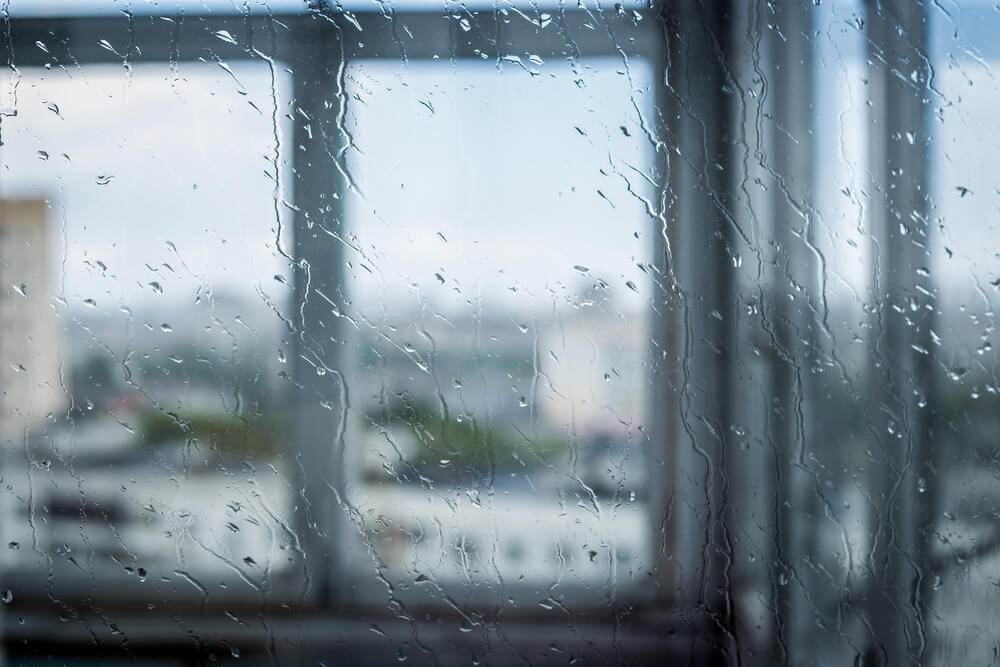
This image is property of oceanimpactwindows.com.
Alternatives to Impact Windows
Other Window Protection Systems
While impact windows offer superior protection, homeowners interested in alternatives can explore other window protection systems. These systems include storm shutters, which are specially designed to cover and protect windows during storms. Storm shutters provide an added layer of defense against high winds and flying debris. However, it is important to note that insurance discounts for these options may differ from those offered for impact windows.
Impact-Rated Shutters
Impact-rated shutters are another viable option for homeowners seeking protection against severe weather. These shutters are designed to meet certain impact resistance standards and can be closed over windows when a storm approaches. Impact-rated shutters offer similar benefits to impact windows, including protection against flying debris and enhanced security.
Impact Film and Coatings
An alternative to impact windows and shutters is the use of impact film or coatings on existing windows. These films and coatings are applied directly onto the glass, strengthening it and making it more resistant to impacts. While impact film or coatings may provide some level of protection, they may not offer the same level of security as impact windows or shutters.
Comparing Savings Potential
When considering alternatives to impact windows, homeowners should compare the potential insurance savings and other benefits. Impact windows generally offer the highest level of protection and the greatest potential for insurance discounts. However, alternative options may provide a more cost-effective solution depending on individual circumstances and preferences.
Conclusion
Impact windows are a valuable investment for homeowners seeking enhanced protection, security, and potential insurance savings. By understanding the factors that impact insurance premiums and the benefits of impact windows, homeowners can make informed decisions and safeguard their properties against severe weather events. While impact windows require upfront costs, the long-term savings, return on investment, and peace of mind they offer make them a worthwhile consideration. Consulting with insurance experts, conducting thorough assessments, and comparing insurance quotes are essential steps in maximizing the potential benefits of impact windows. With careful consideration and proper installation, homeowners can experience significant insurance savings and protect their homes for years to come.

This image is property of www.bfcmiami.com.




